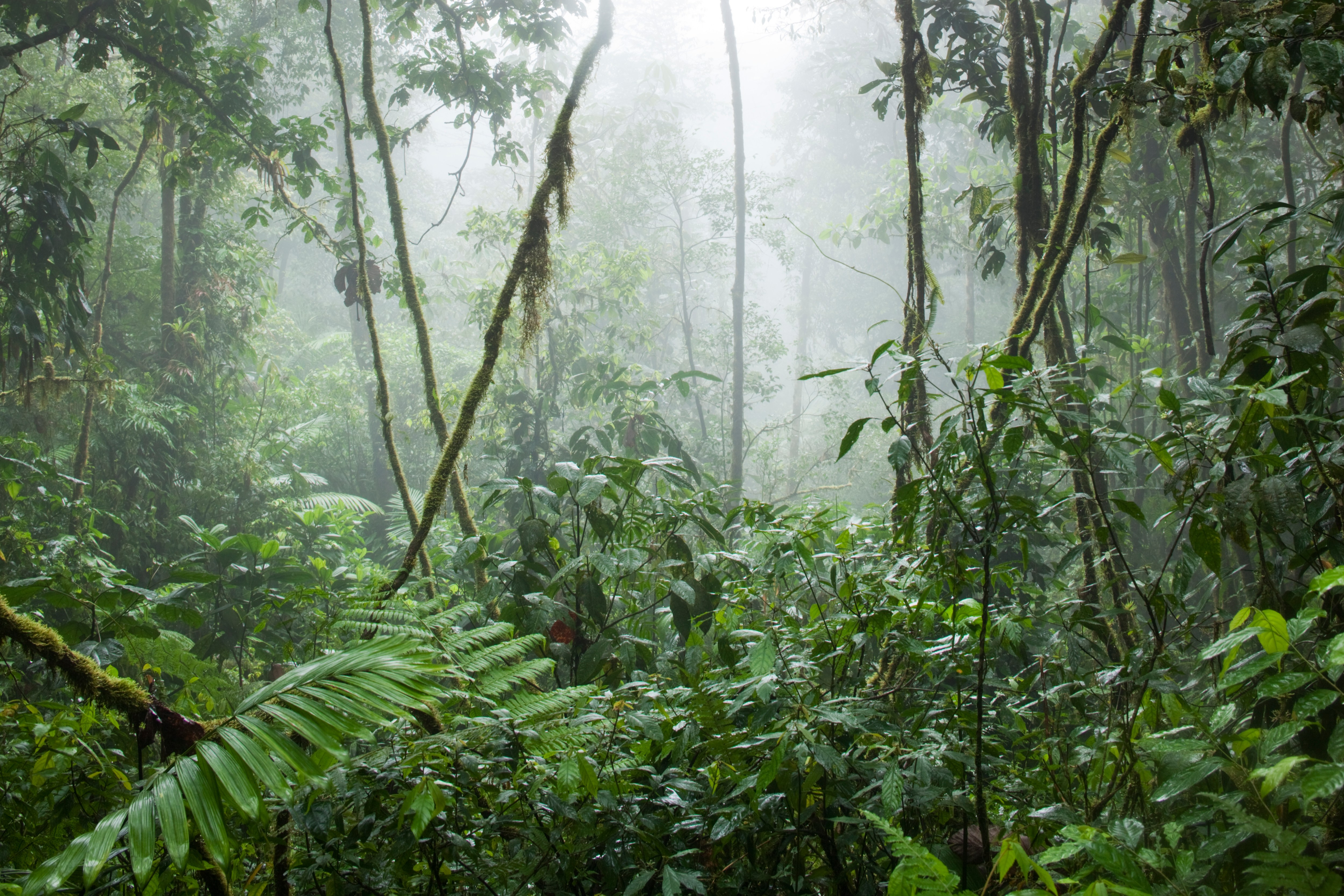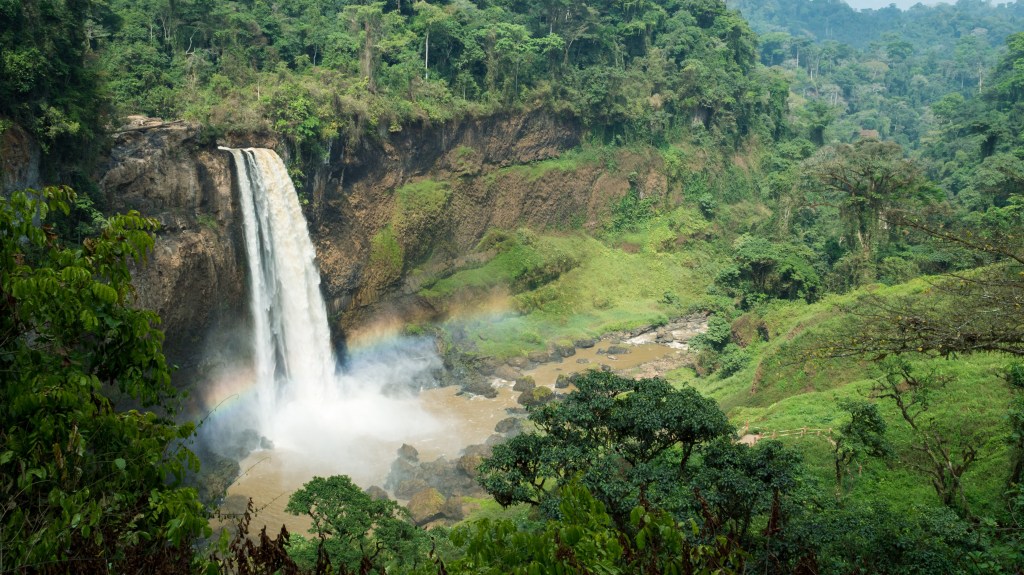UK Biotech Firm to Decode DNA of Flora and Fauna in Cameroon
A British technology company is set to sequence the DNA of plants, animals, and microbes in one of Africa’s most biodiverse nations, Cameroon. This innovative agreement will ensure that profits are shared locally, marking a significant step towards financial fairness.
Basecamp Research described its collaboration with Cameroon’s government as a groundbreaking deal, aiming to redistribute the wealth from AI-driven drug discovery systems back to the communities that conserve nature.
Glen Gowers, co-founder of Basecamp, stated: “It feels like justice. There is an emerging fairness between those creating lucrative products and ensuring that the providers of raw data benefit as well. Justice is the word that resonates here.”
Gowers added: “As far as we know, this is the first agreement of its kind to commercialize digital sequencing information in Central Africa, setting a new standard for industry operations.”
Basecamp, based in London and employing 34 people, has already operated in 23 countries. Their project in Costa Rica has begun paying royalties on revenue generated from extracted data.
The company aims to build the world’s largest database of natural DNA sequences, enabling scientists to develop new commercial products and therapies. The agreement with Cameroon is their most significant long-term revenue-sharing deal to date.
Companies like Basecamp require extensive biological data to train AI models to better understand natural processes across diverse environments. “Biodiversity is the ultimate source of this incredible data,” said Gowers.

Historically, this data was compiled into public databases for academic purposes, Gowers noted. Over the past 20 years, however, more data has been collected in private databases for potential commercial products, which are then sold for profit.
“With AI advancements in biotech, the demand for data exceeds what public datasets can provide. Moreover, errors in these datasets are negatively impacting their use due to biases, size limitations, and incompatibility with commercialization,” he said.
Since 1992, the United Nations has tried to balance the use of biological information for commercial gain and the rightful sources. While protocols exist for payments when physical flora and fauna are extracted, DNA sequencing data is not yet covered. This topic is expected to be discussed in Montreal, Canada, with a summit planned for October in Colombia.
• DNA database holds clues to disease
“It’s inevitable that the current practice of freely using digital sequences for commercial purposes, without economic benefits for resource creators, will change,” said Gowers.
Unlike other firms, Basecamp commits to not extracting DNA sequences without commercial agreements, aiming for traceable data and adherence to best practices. Since its 2019 launch, Basecamp has raised $30 million from venture capital to pursue its objectives.
“Being a relatively new company, we can implement correct practices from the start, unlike larger firms that may need to correct past mistakes,” said Gowers.
• NHS could use genome sequencing for affordable cancer checks
Basecamp’s projects include developing enzymes to biodegrade plastic, creating eco-friendly dyeing methods for textiles, and assisting pharmaceutical companies in developing treatments. Gowers highlighted that addressing “rare diseases” offers significant potential.
“Genetic medicines are becoming crucial, with many tools deriving from bacteria and virus interactions,” he said.
“Instead of searching for a single drug or protein, we aim to understand the interactions between viruses and bacteria, learning from evolutionary processes to repurpose these insights into therapeutics. This is our current company focus.”




Post Comment